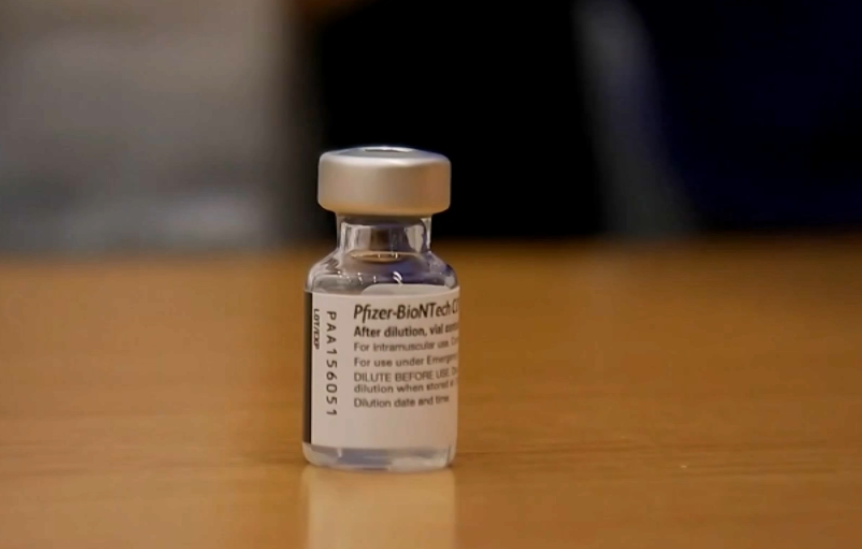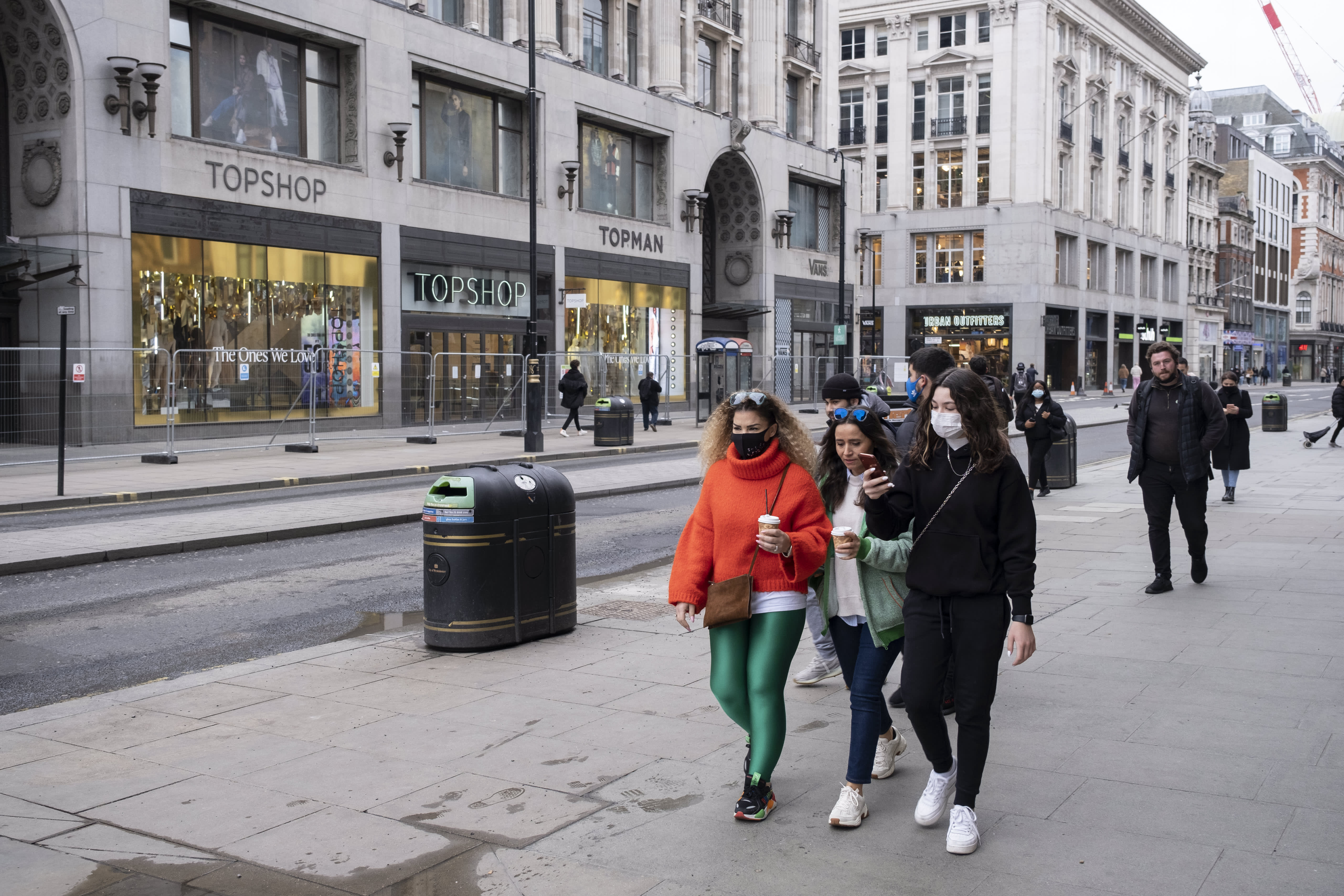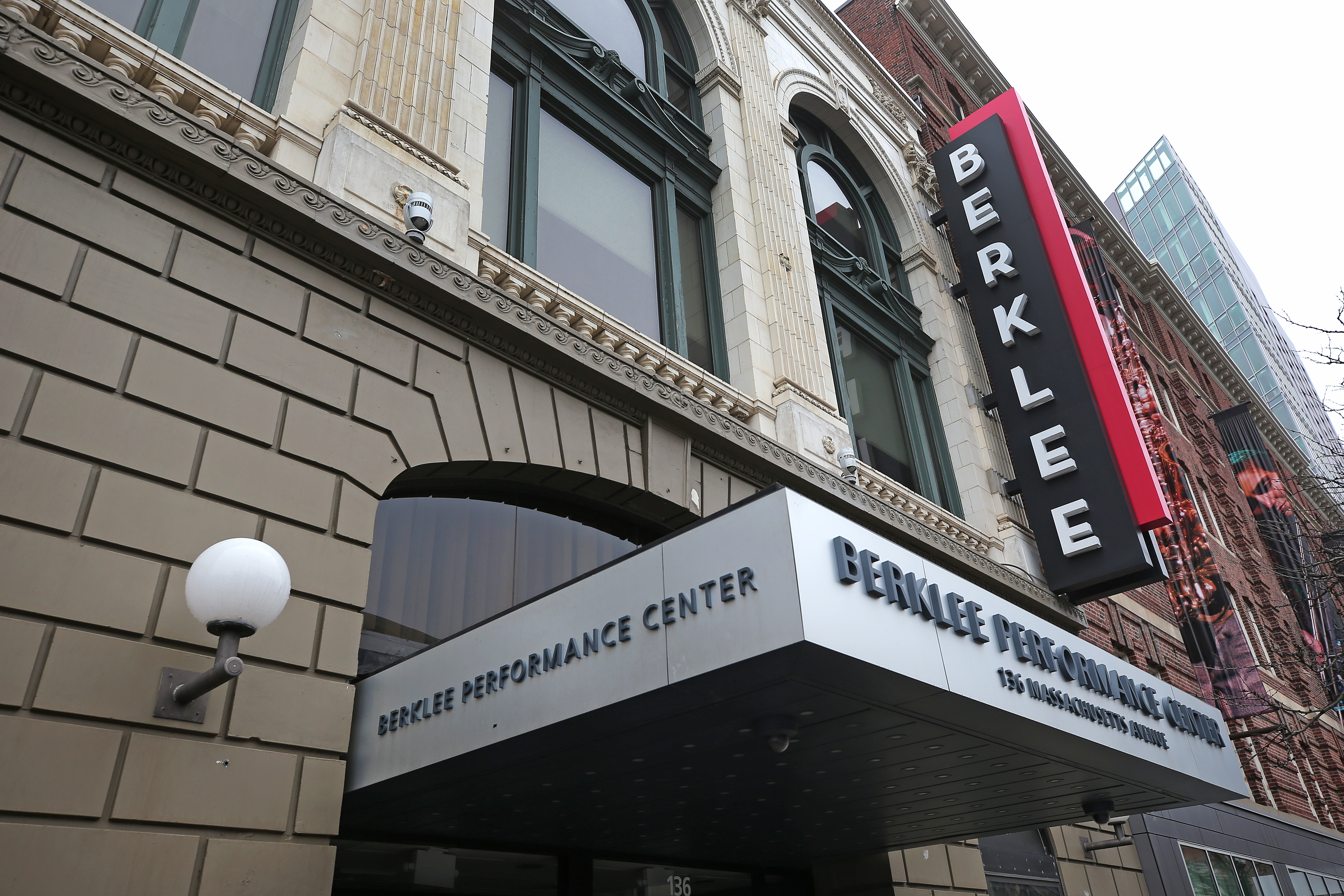All adults are now eligible to receive a booster dose of the COVID-19 vaccine in Massachusetts.
All adults in Massachusetts are now eligible for COVID-19 vaccine booster shots, Gov. Charlie Baker's administration announced Thursday, joining a growing list of states that have done so.
All Massachusetts residents age 18 and up are now eligible to get a booster six months after receiving the second dose of the Pfizer or Moderna vaccines or two months after receiving a Johnson & Johnson single dose vaccine.
WATCH ANYTIME FOR FREE
Stream NBC10 Boston news for free, 24/7, wherever you are. |
"There's still a process here," Baker said on Thursday. "From our point, having talked to a lot of people and a lot of providers, there's a lot of confusion about who's eligible and who's not."
Get updates on what's happening in Boston to your inbox. Sign up for our News Headlines newsletter.
Residents can access booster doses from more than 1,000 locations, with appointments available now for booking across the state.
"I think the main reason to do it is it's one more piece of protection against COVID," Baker added. "As we head into the winter months, there's always a concern about people being indoors more than outdoors."
The Centers for Disease Control and Prevention recommendations allow for mixing and matching of different COVID-19 booster doses, and eligible individuals may choose which vaccine they receive as a booster dose. The Baker administration recommends that residents with questions about which booster is right for them consult their health care provider for advice.
"If people have a concern about getting the booster they should talk to their physician," Baker said Thursday. "The physicians we've talked to in Massachusetts, the vast majority of them say people should get a booster."
Other states that have expanded booster eligibility to all adults include Arkansas, California, Colorado, New Mexico, Maine, Vermont and West Virginia.
Massachusetts leads the nation in vaccine administration, with over 94% of adults having received at least one dose, and over 81% of the total population fully vaccinated, over 4.8 million individuals. Over 800,000 residents have received a COVID booster.
How to get a booster shot in Massachusetts
- Visit the Vaxfinder tool at vaxfinder.mass.gov for a full list of locations to receive a booster. Residents are now able to narrow results to search for locations that are offering boosters. Many locations will be booking appointments out weeks in advance.
- For individuals who are unable to use Vaxfinder or have difficulty accessing the internet, the COVID-19 Vaccine Resource Line (Monday through Friday from 8:30 a.m. to 6 p.m., Saturday and Sunday 9 a.m. to 2 p.m.) by calling 2-1-1 and following the prompts is available for assistance. The COVID-19 Vaccine Resource Line is available in English and Spanish and has translators available in approximately 100 additional languages.
What the experts say
The number of shots to be considered fully vaccinated has grown during the pandemic. Experts say that's not unusual.
"We're learning more," said Dr. Sabrina Assoumou of Boston Medical Center. "And it looks like now that if you actually give an additional dose, or a third dose for the mRna [vaccines], you can actually increase the level of protection."
That's important at a time when COVID numbers are rising -- Thursday's data showed COVID levels at their highest points since February, including a positivity rate in Massachusetts just above 3%.
As effective as two shots have proven to be, doctors said Thursday that there may be a decline in protection over time.
"How much of that decline is due to loss of immunity with time, how much is because there is still so much COVID circulating among the unvaccinated, are important questions," said Dr. Daniel Kurtzkes of Brigham and Women's Hospital.
So boosters alone will not end the pandemic, Assoumou said: "What's really going to help us get to the other side is continuing to provide information so people who have not yet received any shot actually feel comfortable doing that."




